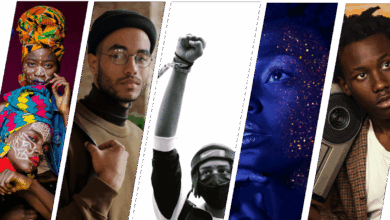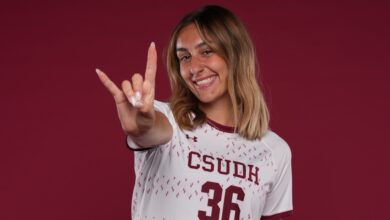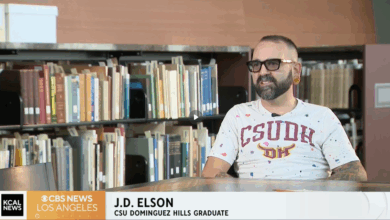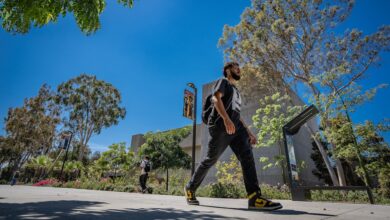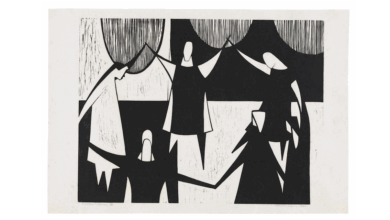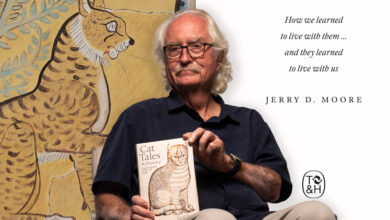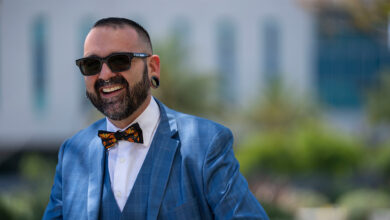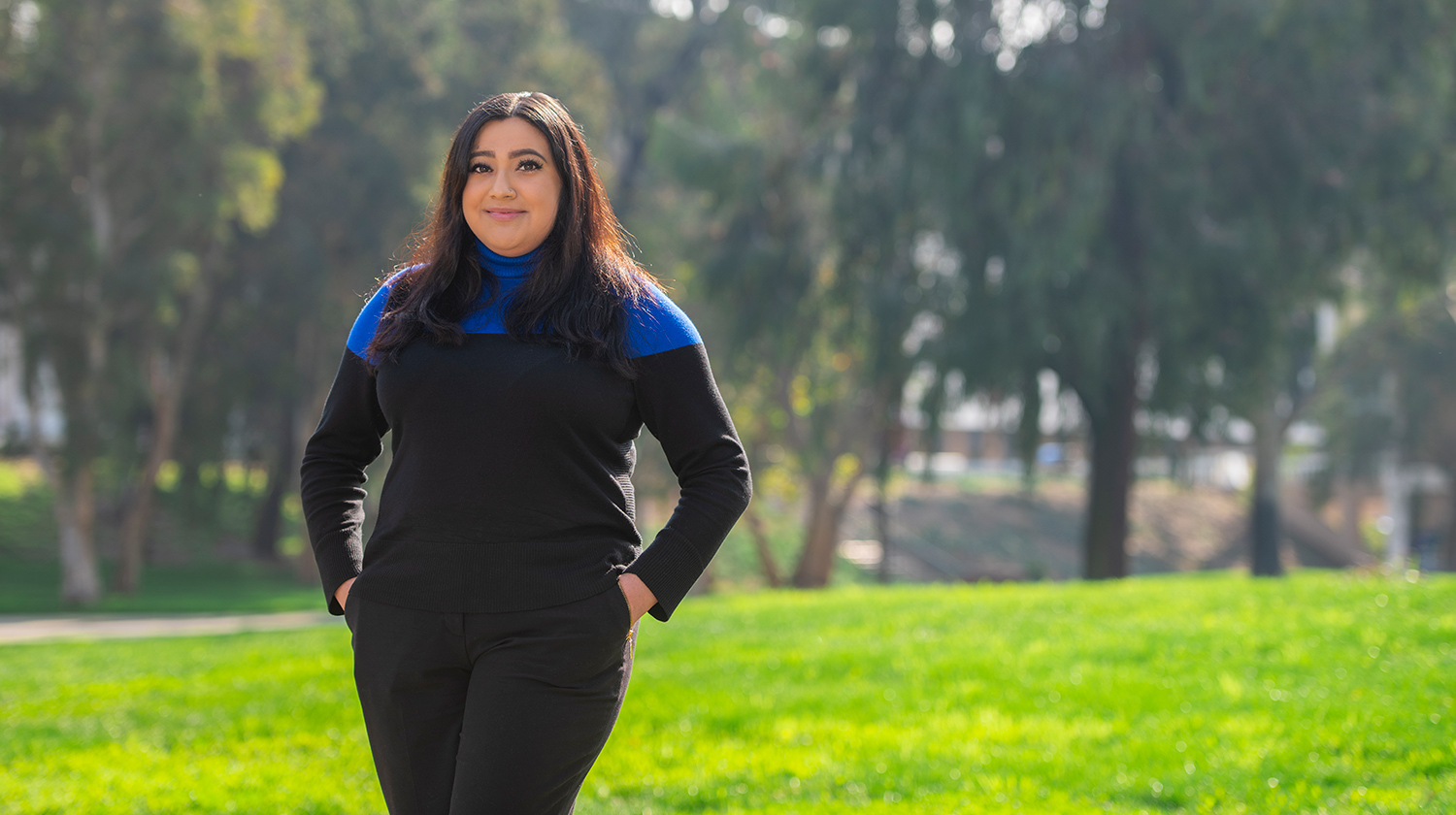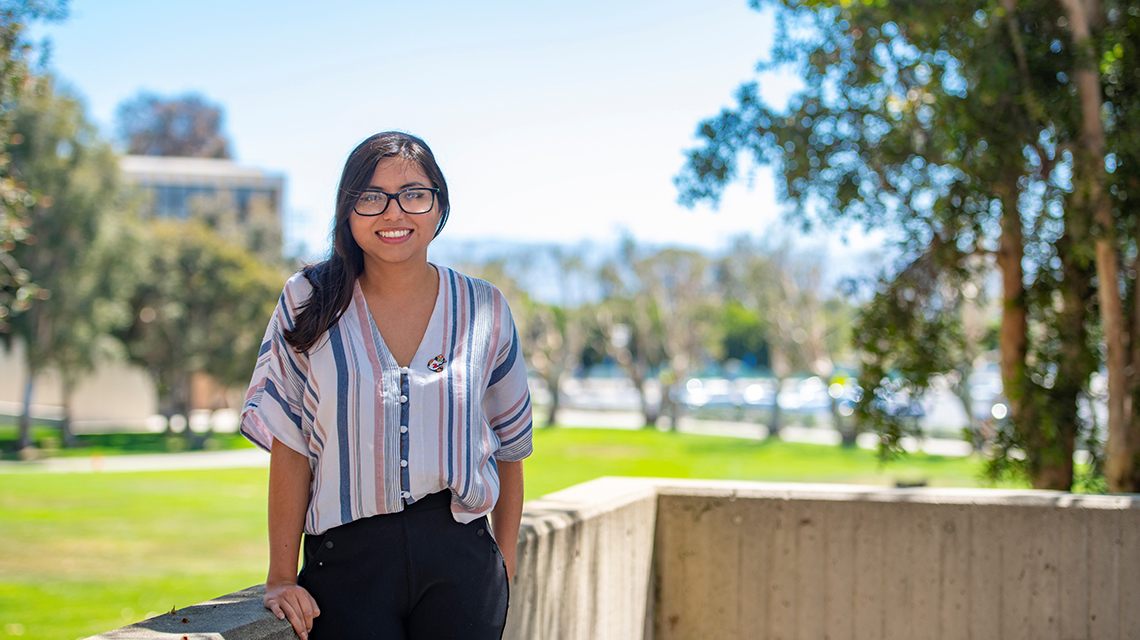 California State University, Dominguez Hills (CSUDH) undergraduate Berenice Rojas is no stranger to hard work. Its value was instilled in her at a young age, as her Mexican immigrant parents toiled in the Yuma, Arizona sun as farmworkers to provide for Berenice and her two brothers.
California State University, Dominguez Hills (CSUDH) undergraduate Berenice Rojas is no stranger to hard work. Its value was instilled in her at a young age, as her Mexican immigrant parents toiled in the Yuma, Arizona sun as farmworkers to provide for Berenice and her two brothers.
“They would start working at five or six in the morning,” says Rojas. “They would work all day, then come home at about eight at night.”
Today, the third-year Toro student is doing plenty of hard work of her own, pursuing a bachelor’s degree in chemistry at CSUDH. She wants to use the knowledge she gains at the university to help mitigate the effects of climate change in the Arizona fields where her parents still work seasonally.
“Where I used to live in Arizona, there aren’t enough crops anymore, because of global warming” she says. “I want to help make a change, so that the production can start increasing again. I want to make it a better place for my parents and everybody else who’s working there.”
Rojas’ hard work and dedication have earned her a 2021 CSU Trustees’ Award for Outstanding Achievement. The Trustees’ Award is the California State University’s highest recognition of student achievement, providing annual scholarships to one student on each CSU campus who demonstrates superior academic performance, personal accomplishments, community service, and financial need. Rojas is also the Trustees’ Award Edison International Scholar.
“I was visiting my family when I received the news. I was in shock and overcome by a sensational emotion that I was unable to put in words. One of my twin brothers read the letter to my parents, then they got excited too,” Rojas says of receiving the Trustees’ Award. “This scholarship is a great honor; it means continuing my education and progress as a whole for my family and me.”
Rojas and her family moved to the United States when she was 12 years old. “The biggest challenge that I had was learning English,” she says. “It was really hard. The middle school I went to had absolutely no resources for English language learners. There was no tutoring, no ESL; there was nothing.”
“I remember my first year, I passed with Ds, because I didn’t understand. I tried to ask for help but nobody would help me. They’d just say, ‘Learn on your own.’ It was really hard for me.”
Rojas ended up teaching herself to speak English, showcasing her determination and self-reliance. “I actually learned by watching TV,” she says. “I read children’s books with the big pictures and listened to music.”
In high school, Rojas started an after-school tutoring program to help other English language learners who were going through the same struggles she had. Since the high school also lacked an ESL program, “I did tutoring after school for everybody who needed to learn English. It was a big deal for me and my classmates.”
After graduating from high school, Rojas attended Arizona Western College, where she obtained an associate degree in agriculture. While there, she continued her work with the community, devoting herself to helping immigrants navigate the path to obtaining U.S. citizenship – even attending interviews and serving as an interpreter for prospective citizens.
“I just tried to show them what I learned,” she says.
After getting her AA degree, Rojas moved to Southern California in order to get a job and help support her family. “I have twin brothers who just graduated from university,” she says. “While they were going, my family didn’t have enough money to afford it. I had to move to look for a job and help them pay for their schooling. Now that they’ve graduated, I decided to go back to school again.”
Bolstered by her new award and additional financial support, Rojas has even more determination to focus on her education. By using her degree as an opportunity to conduct innovative research on climate change, Rojas is clear about her goals for herself and her community.
“The season used to begin in August and end in May,” says Rojas, “but because of global warming and other issues, now their season begins in September and ends in January. I’d like to find work at a lab that is doing research on these issues, because this is becoming more urgent and something needs to be done.”

